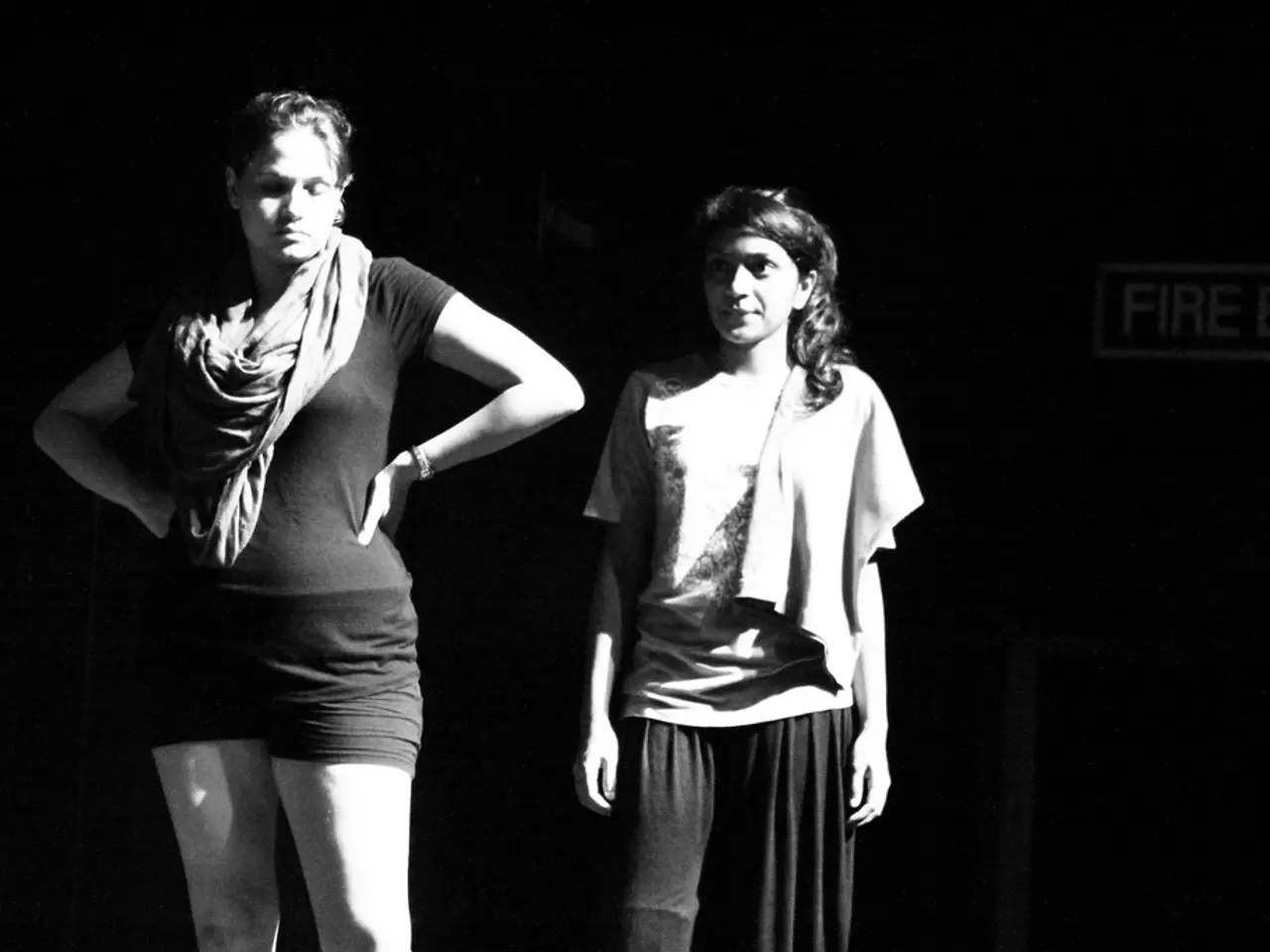Persistent Gender Funding Disparity in Africa: Female Entrepreneurs Continue to Receive Only 10% of All Dollars in Capital Investments
In the bustling tech landscape of Africa, two venture capital firms, Aruwa Capital and Alitheia IDF, are making strides with portfolios brimming with female entrepreneurs. However, a persistent gender funding gap remains a stark reality, as shown by the statistics that reveal women founders in Africa's tech startups still only receive 1 in 10 dollars of the total venture capital funding.
In 2024, women-led startups managed to raise only $48 million, representing a mere 2% of the total venture capital funding. The following year, despite a general underfunding of women-led startups, some VC firms with a gender-lens focus made significant investments. Notable among these is Alitheia, which specifically finances women-owned firms to enhance economic and social impact. However, only about 10% of the $2 billion raised in African startups in 2025 went to companies with at least one female founder, underscoring ongoing gender disparities in venture capital funding in the region.
Male-led startups captured between 75% of all funding raised in 2025, while women-led startups managed to raise about 10%. It's worth noting that only about 20% of tech startups in Africa have at least one woman co-founder.
The persistent gap in representation of women in Africa's tech startups can be attributed to several factors. One of these is the startup pipeline and the skew towards grants for support. Another factor is the social and institutional barriers that women face in entering and advancing in the tech sector.
Africa has the highest number of women entrepreneurs in the world, with over a quarter of all businesses being either started or run by women. Yet, the number dwindles significantly when these women move into the tech workforce and further when they move into tech leadership. For instance, while 47% of STEM graduates from African universities are women, this number drops to 23% when these graduates move into the tech workforce, and further to a mere 10% when they move into tech leadership.
Efforts are being made to address this gap. VC firm Janngo Capital, led by Fatoumata Bâ, has invested over $5 million in innovative startups, with 56% of its portfolio companies being women-led. Accelerator FirstCheck Africa offers early-stage VC investments in African tech startups with at least one female founder or co-founder.
The tech ecosystem in Africa experienced a major investment rebound in 2025, with over $2 billion raised for over 500 deals. Yet, the gender funding gap continues to persist each year. It's a challenge that requires concerted efforts to address, as Africa forfeits an estimated $95 billion in economic potential due to gender inequality.
Looking ahead, events like the Moonshot event by our website, taking place in Lagos on October 15-16, offer an opportunity to meet and learn from Africa's top founders, creatives, and tech leaders, fostering a more inclusive and equitable tech landscape.
Read also:
- Clash of LPR and GERD: What Sets Them Apart and What They Share
- On Thursday, Meta introduced three new smart glasses and LibreOffice made its way into the Austrian military
- Sara Walker and the Writer Discuss Life's Definition
- Europe Witnesses Seven Showcases of Safely Assimilating Autonomous Aerial Vehicles






